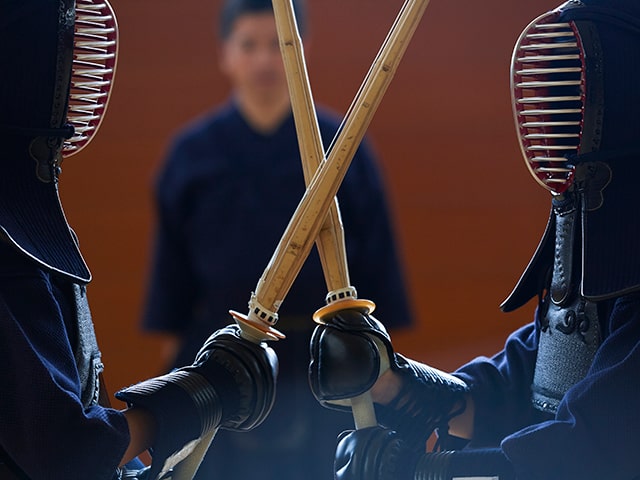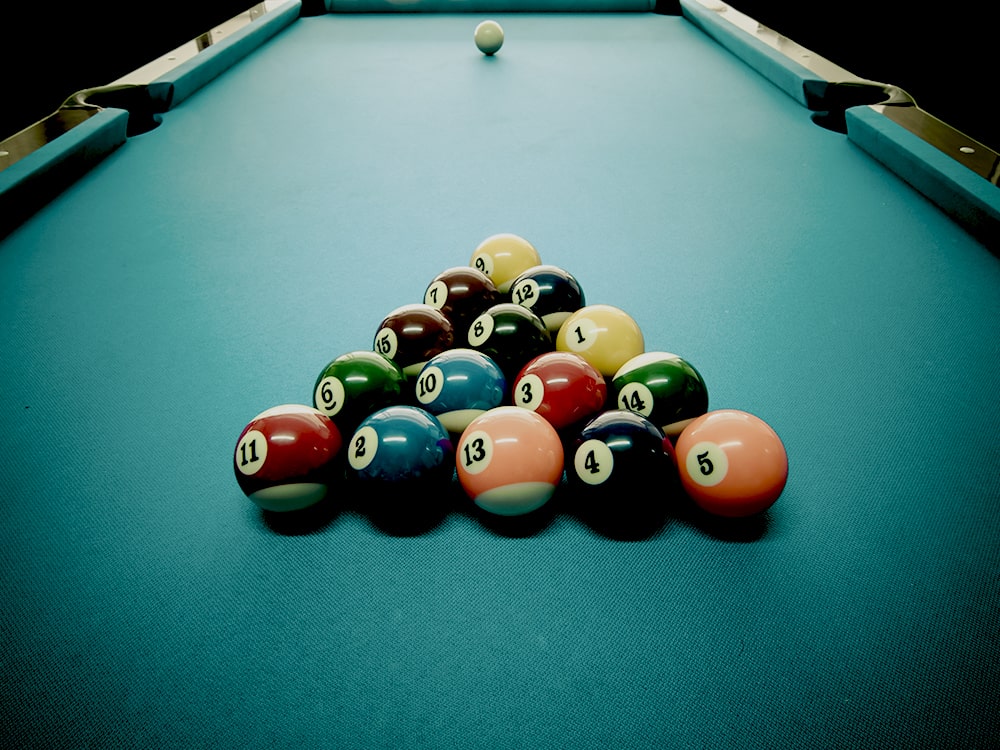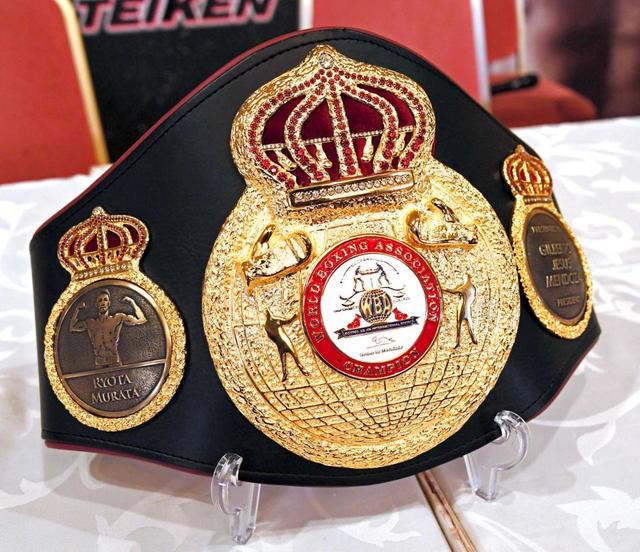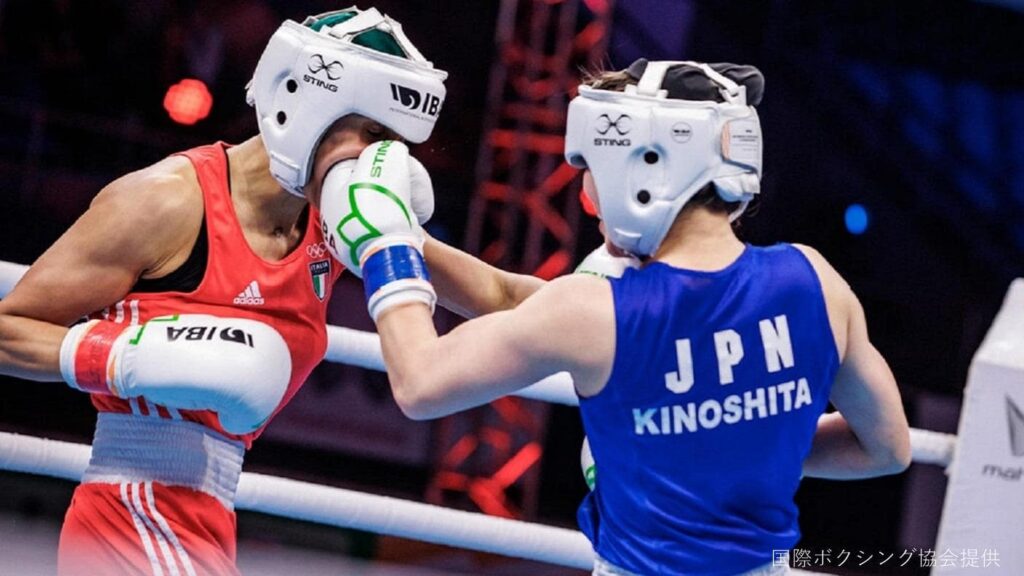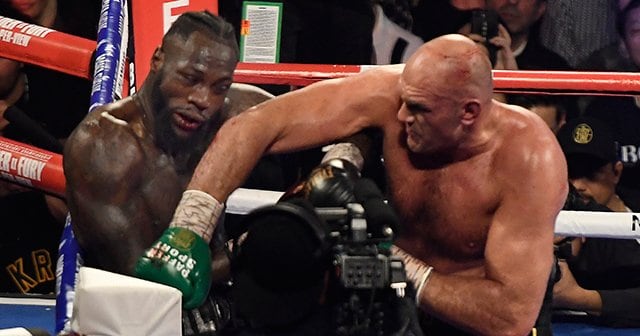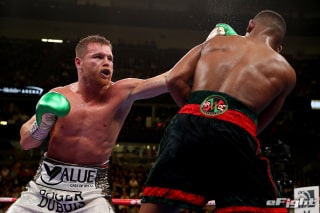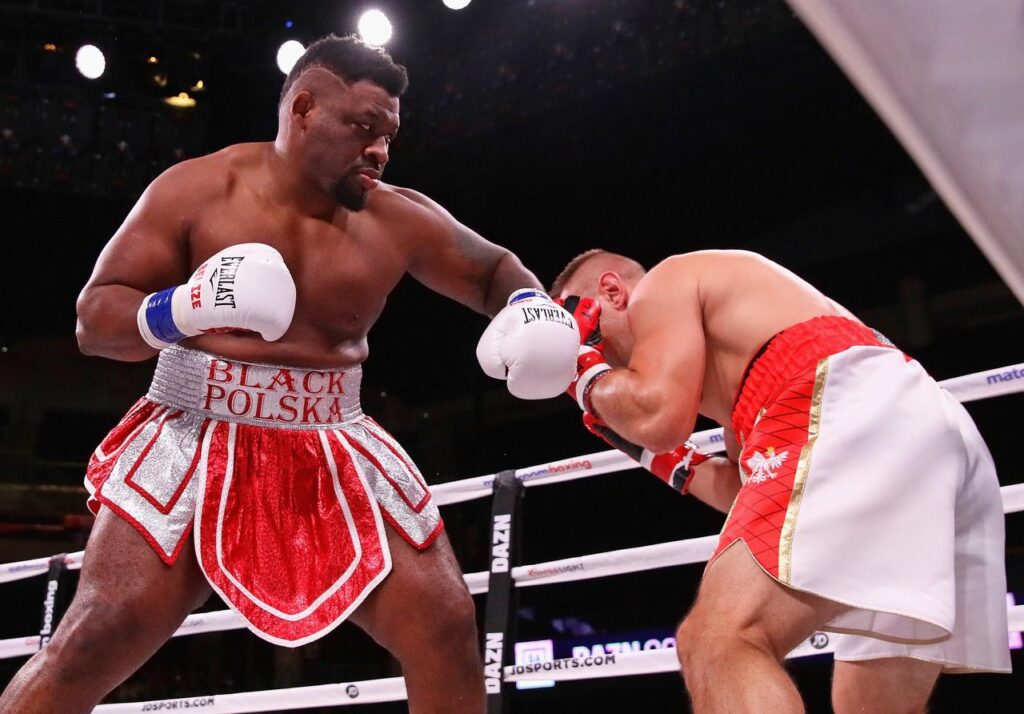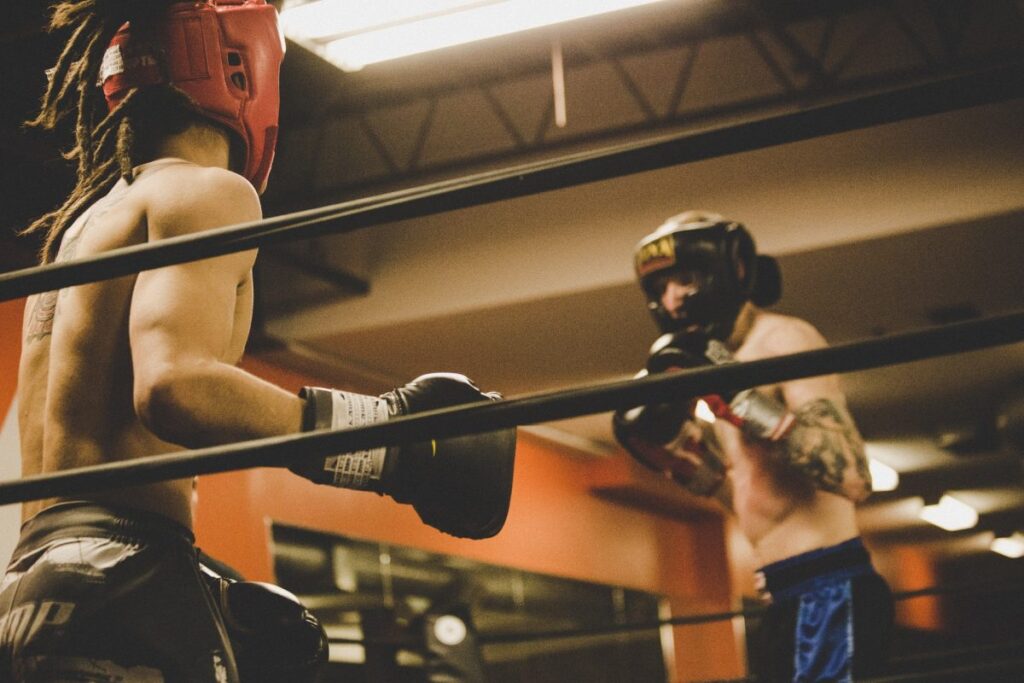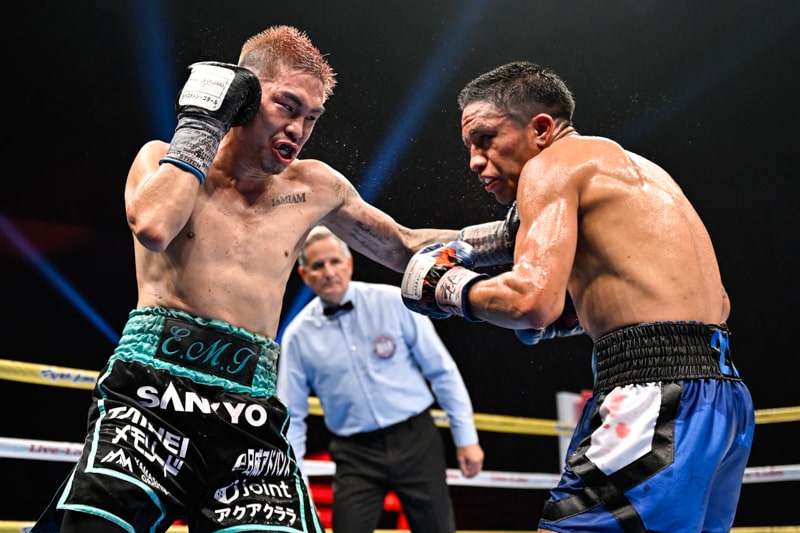
In a boxing match, the referee is more than just a match supervisor.
They have a key responsibility for ensuring the safety of the game, ensuring that the rules are followed and providing a level playing field.
This article focuses on the role of a boxing referee and details their training process, specific duties during a match, and the challenges they face.
Readers will gain an in-depth understanding of the process and impact of how referees shape the world of boxing.
目次
- 1 Introduction
- 2 The basic role of a boxing referee
- 3 Referee qualifications and training
- 4 The role of the referee in match management
- 5 Examples of important decisions made by referees
- 6 The challenge of refereeing in international matches
- 7 Technology and referees
- 8 Summary and future outlook for referees
Introduction
In boxing, referees are essential to ensuring the fairness and safety of matches.
The role of referees has become more than just an enforcer of the rules, as their decisions have a huge impact on the quality of matches and the careers of players.
This article delves into the importance of the boxing referee’s role and how their duties affect matches.
Article purpose and content summary
The purpose of this article is to clarify the wide range of duties that boxing referees have and to provide a detailed explanation of how they ensure the safety and fairness of matches.
We will also touch on the qualities required of referees, the training process and the challenges they face.
You will gain a better understanding of how important the day-to-day work of referees is in match management, and how their decisions impact the sport of boxing as a whole.
By highlighting the role of boxing referees, we show readers the complexity behind the sport and the level of professionalism in its management.
When referees do their job properly, players can demonstrate their skills to the fullest and fans can enjoy fair and exciting matches.

The basic role of a boxing referee
Boxing referees play a central role in ensuring that matches are fair and follow the rules.
Referees have a wide range of responsibilities during matches, and are required to maintain sportsmanship while prioritizing player safety.
Main responsibilities during the match
The most basic responsibility of a referee is to ensure the safety of the match.
This includes monitoring players to ensure they do not misbehave and pausing matches so injured players can receive proper treatment.
In addition, the referee calculates points and applies penalties when rules are violated, in order to ensure that the match progresses fairly.
These decisions have a direct impact on the outcome of the match, so referees must act with great concentration and fairness.
Referee judgment criteria
Referees’ decisions are based on a clear set of criteria, the most important of which is their ability to assess a player’s skill and compliance with the rules.
The referee observes the fight, paying attention to details such as whether the punches are landed cleanly, whether the clinch is used excessively, and whether the blows comply with the rules.
Also, situational judgment is extremely important in order to respond to various scenarios that may occur during a match.
This includes the decision to stop a match if a player is in a dangerous condition due to fatigue or damage.
By adhering to these responsibilities and standards, referees ensure that boxing matches proceed safely and fairly.
Referees must have high ethics and professionalism in their work, as their decisions have a significant impact on the health and careers of players.

Referee qualifications and training
Becoming a boxing referee requires specialized training and a rigorous certification process.
This process is designed to help referees run matches fairly and safely, and requires high standards of skill and knowledge from candidates.
Conditions to become a referee
The basic requirements for becoming a boxing referee are a certain age (usually over 21) and physical fitness.
Many boxing associations also conduct background checks on candidates, including criminal checks.
Additionally, a deep knowledge of boxing is required, especially an extensive understanding of match rules and athlete safety.
In addition to this, good communication and judgment skills are also required and may include exams and interviews to demonstrate these skills.
Required training and certification process
The referee training program consists of both theoretical and practical aspects.
This includes learning the rules of boxing, match management, and emergency response protocols.
Often these trainings are provided by accredited boxing schools and associations.
As part of their training, candidates typically gain experience as a referee’s assistant in a real match.
The certification process often includes a written and practical exam, in which candidates must demonstrate an accurate understanding of the rules of boxing and the ability to make good decisions in an actual match.
After a series of tests and evaluations, successful candidates will be awarded a referee license, making them eligible to act as referees in official matches.
These rigorous conditions and training processes allow boxing referees to make decisions that prioritize the safety of the fighters while maintaining the fairness of the matches.
As a result, they can play an important role in ensuring that boxing matches proceed smoothly and safely.

The role of the referee in match management
Referees play an important role in boxing matches, ensuring that the matches are safe and that the competition is fair.
This section details how referees keep fights safe and fair.
How to keep your fight safe
Referees will consider player safety as a top priority.
During a match, the referee constantly monitors the type and strength of blows received by a fighter, and will suspend or end the match if a fighter suffers significant damage or if it is determined that the match cannot continue safely. I have authority.
In addition, the referee checks whether the players are following the rules during the match, and if there is a foul, they immediately intervene and issue a warning or penalty to the player in question.
In this way, referees protect players from physical trauma and promote sportsmanship.
Measures to maintain the fairness of matches
Referees must make objective and consistent decisions to keep matches fair.
This requires applying the same rules to all players and not being biased against any player.
Referees clearly explain the rules to players and coaches during pre-match briefings and supervise that those rules are followed during the match.
They are also responsible for keeping fair and accurate records regarding point scoring, and any decisions that affect the outcome of a match are made with strict standards and transparency.
By performing these responsibilities, referees ensure that boxing matches proceed safely and fairly, providing the best sporting experience for athletes, teams, and spectators.
To this end, the continued education and training of referees themselves is essential, and their role is at the heart of match management.

Examples of important decisions made by referees
Boxing referees are responsible for making important decisions during matches.
This includes stoppages and competitive decisions, which can have a huge impact not only on the outcome of the match, but also on a player’s career.
This section delves into how these decisions are made through specific case studies.
Typical game stoppage case study
The decision to suspend a match is typically made when player safety is directly threatened.
For example, if a player takes consecutive headshots and is clearly unable to defend himself, or if he sustains a serious injury.
The referee protects the health of the players by immediately stopping the match and allowing medical staff to intervene.
A technical knockout (TKO) is also an important decision for the referee, who will stop the match if it is determined that the fighter is unable to recover from the damage.
Effects of contextual judgment
Contextual judgment is often a subject of debate.
This includes cases where the referee recognizes a foul during a match, deducts points, or makes tough decisions that directly affect the outcome of the match.
For example, if a player is caught by surprise or is deemed to have received an illegal blow, the referee may severely penalize the action.
These decisions are often hotly debated by fans and the media, and often examine whether the referee’s decision was fair.
These case studies will help you understand the complex challenges boxing referees face in their matches and the impact their decisions have on the sport as a whole.
Referees are required to make the best and fairest decisions in the moment, so their training and experience are extremely important.
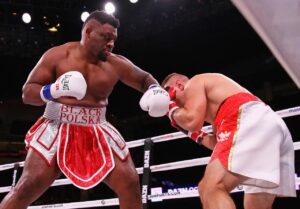
The challenge of refereeing in international matches
In international boxing matches, referees play an important role in understanding and bridging different rules and cultures.
Refereeing in such an environment presents many challenges and requires a high degree of skill and sensitivity to ensure the fairness of the match.
Bridging different rules and cultures
In international boxing matches, the rules can be interpreted differently because the participating fighters come from different countries and cultural backgrounds.
For example, a technique that is acceptable in one country may be considered foul in another.
Referees need to understand exactly these differences and clearly explain these points in the pre-match briefing.
Furthermore, referees must be sensitive to cultural differences and have the ability to read players’ intentions from their nonverbal communication and facial expressions.
Episodes from international matches
At international matches, referees maintain the quality of the match by making fair judgments and at the same time promote sportsmanship.
For example, if a player unintentionally breaks a rule, how the referee handles that action will have a major impact on the flow of the match.
From an international perspective, the role of referees is particularly important, as they must demonstrate fair application of the rules not only to players but also to spectators.
Anecdotes include how the referee took control of the situation and provided explanations to the players and coaches in a game where certain fouls were common.
The role of referees in international matches goes beyond just enforcing the rules; it also contributes to deepening understanding and respect between different cultures.
For this reason, referees not only keep the matches going, but as members of the international boxing community, they have a responsibility to demonstrate their professionalism and fairness to the world.

Technology and referees
Technology has revolutionized the entire sports industry in recent years, and its impact on boxing refereeing is no exception.
In this section, we delve into how technology is impacting refereeing, as well as future trends and predictions.
The impact of technology on refereeing
Advances in technology have led to the development of tools to assist referees in making decisions.
For example, with the introduction of instant replay and video assistant referee (VAR) systems, questionable moments during matches can now be viewed on video and more accurate decisions can be made.
This reduces judgment errors and greatly improves the fairness of matches.
In addition, wearable technology is used to track referees’ positions and movements to analyze their performance and study efficient positioning.
Future trends and predictions
In the future, it is expected that decision support systems that utilize AI (artificial intelligence) will be introduced.
AI will learn from past data and suggest the best decisions for various situations during a match, reducing the burden on referees and making it possible to apply more detailed rules.
Additionally, the spread of training programs using virtual reality (VR) will allow referees to practice in an environment that closely resembles an actual match.
This is expected to improve the ability to respond in actual matches and further improve the quality of match management.
These technological advances provide new possibilities for referees to make fairer and more accurate decisions, and are an important element in supporting the evolution of the sport of boxing.
It is expected that refereeing methods and business content will continue to change as technology evolves.

Summary and future outlook for referees
The role of a referee in boxing is much more than just getting the fight underway.
They have an important job of keeping the sport transparent and keeping athletes safe.
This section explores how referees can contribute to the sustainable development of the boxing industry and how the introduction of new rules and technology affects them.
How referees can contribute to sustainable development in the boxing industry
Referees can increase the credibility of the sport through fair game management.
Accurate and fair judgment builds trust among fans and athletes, and contributes to improving the image of boxing.
It is also important to understand and apply the latest rules and safety standards by participating in continuing education programs.
This ensures that matches are both safer and more technologically advanced.
How the introduction of new rules and technology will affect referees
The introduction of new technology and regulations can significantly change the work of referees.
For example, technologies such as video assistant referees (VAR) are helping to improve the accuracy of decisions and keep matches fair.
In addition, training tools that utilize AI technology will help referees hone their decision-making skills more efficiently, contributing to improved performance in actual matches.
These technological innovations are expected to help referees make more accurate and faster decisions, further improving the quality of matches.
As referees evolve with technological advances, boxing will become a safer and more attractive sport.
This will contribute to the development of the boxing industry as a whole and ensure its sustainability into the future.
Click here for boxing glossary

